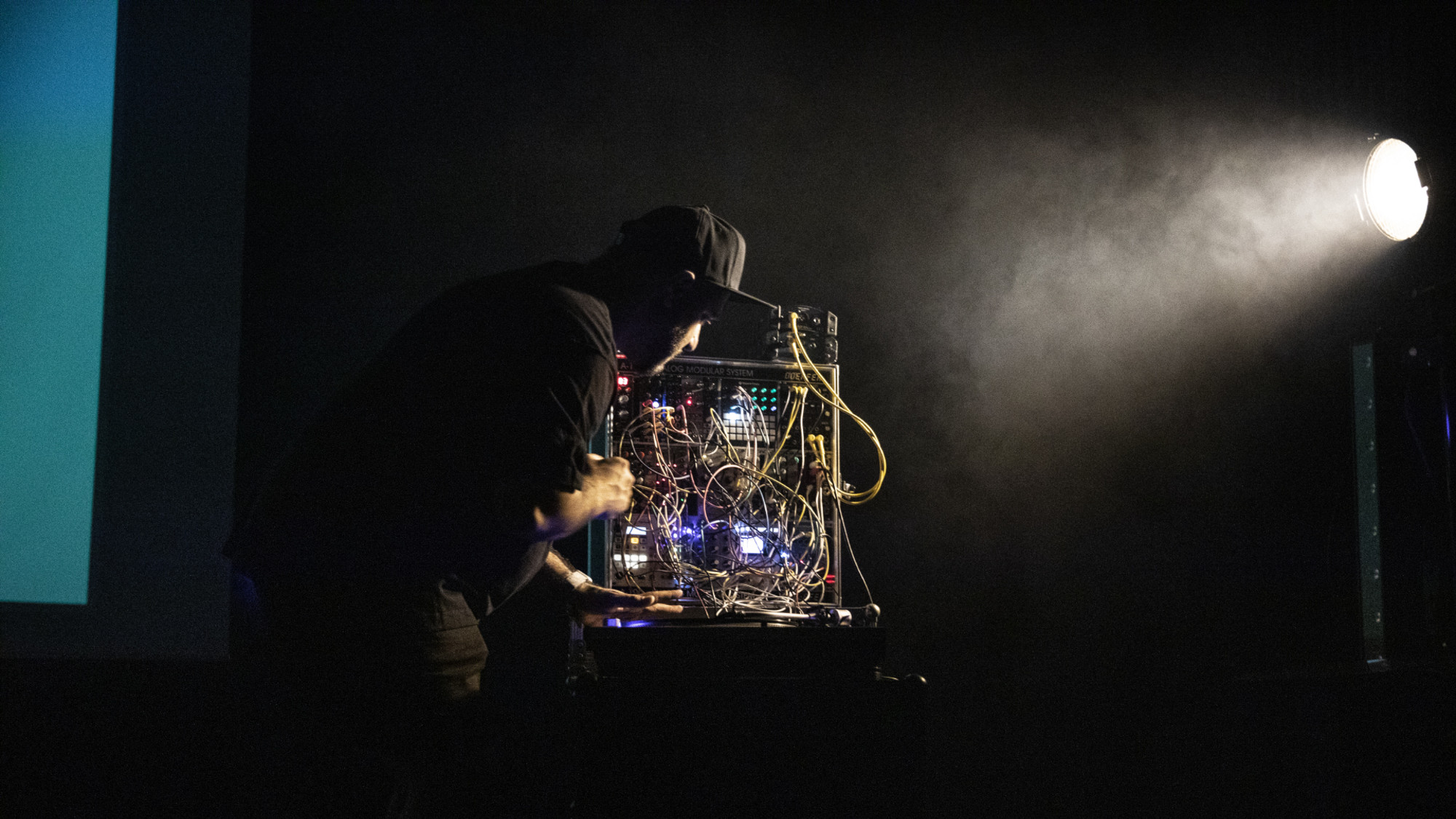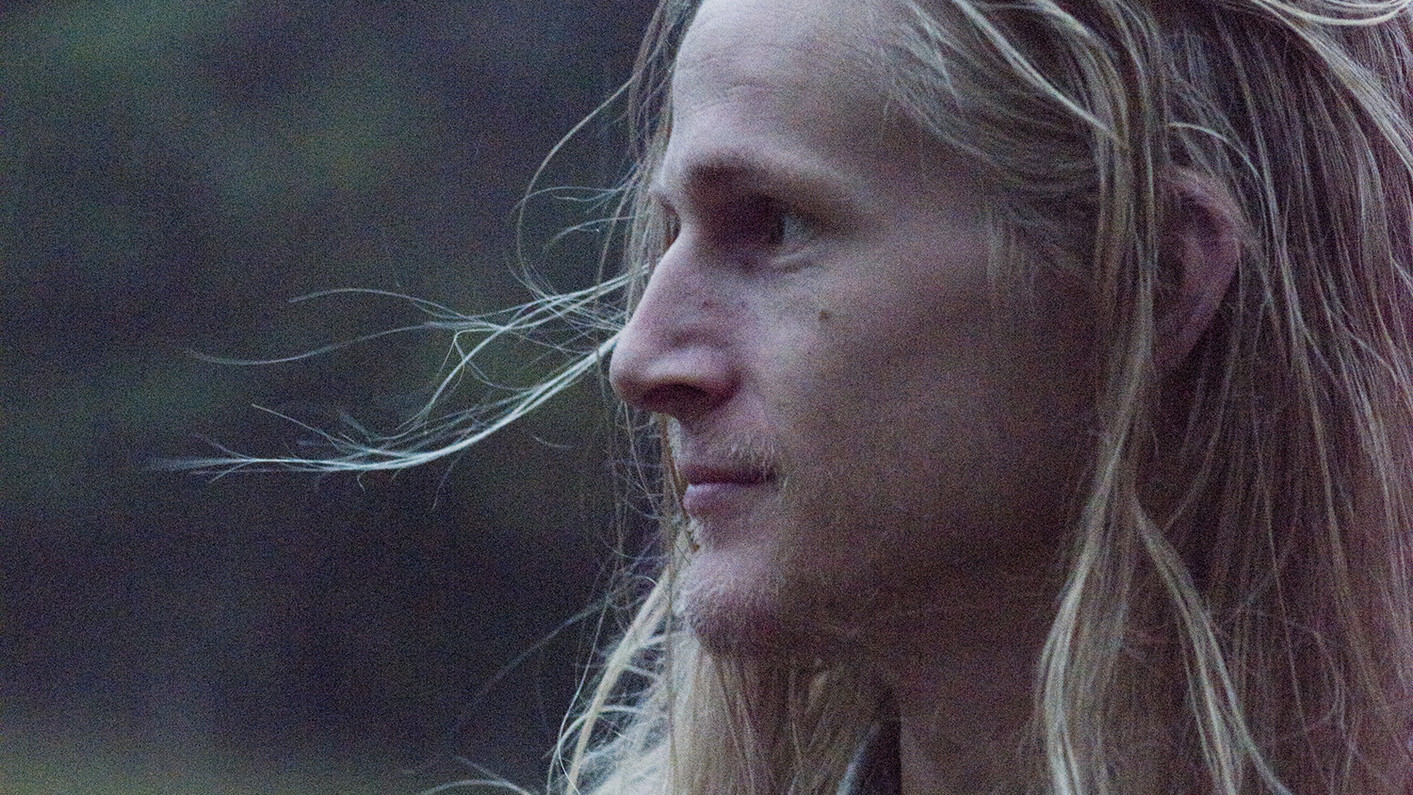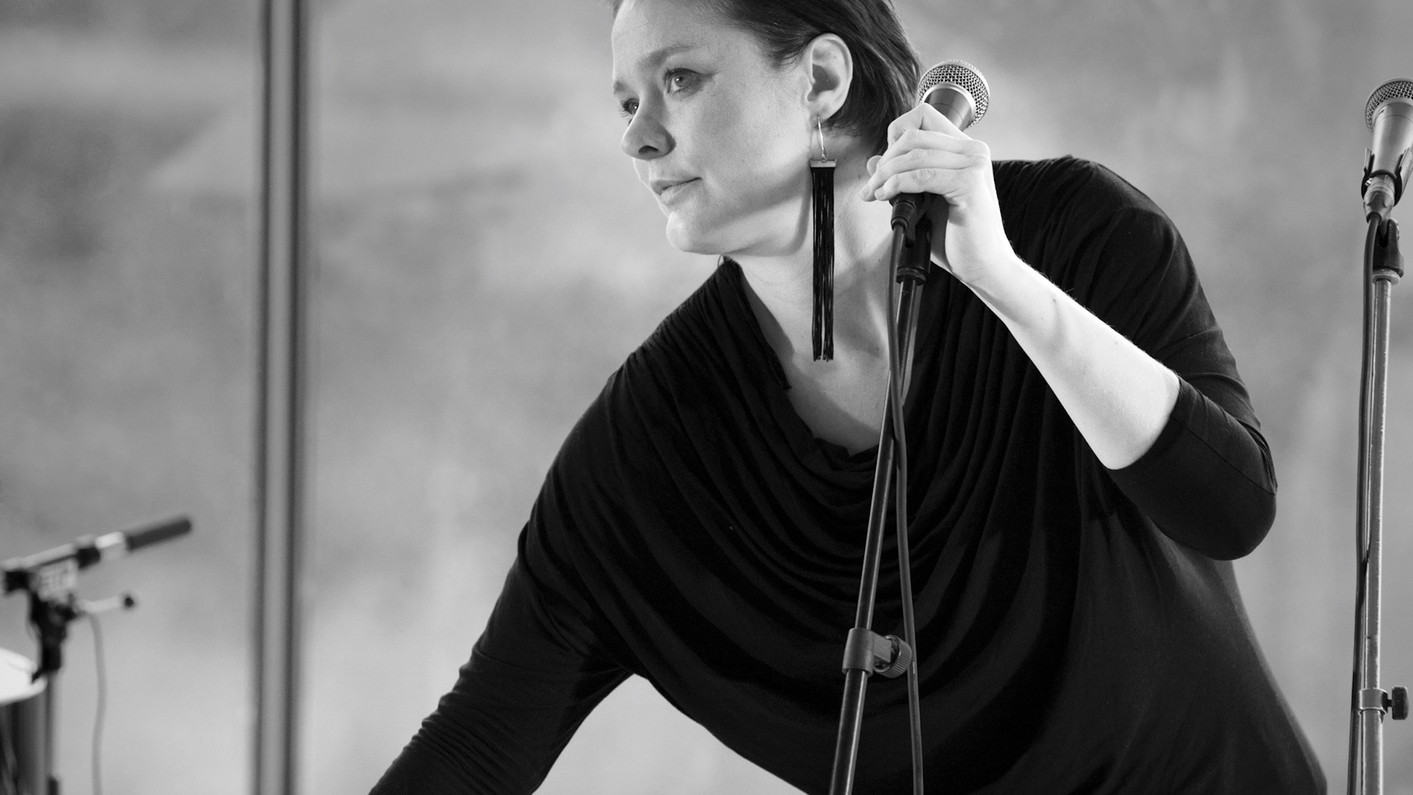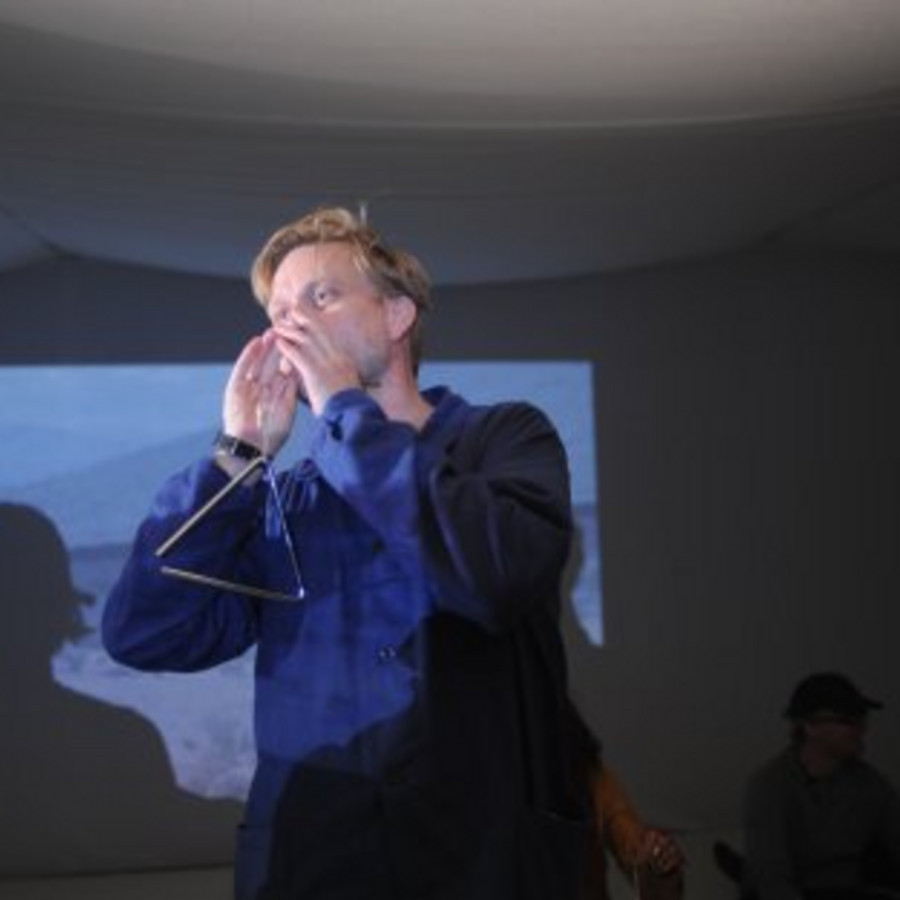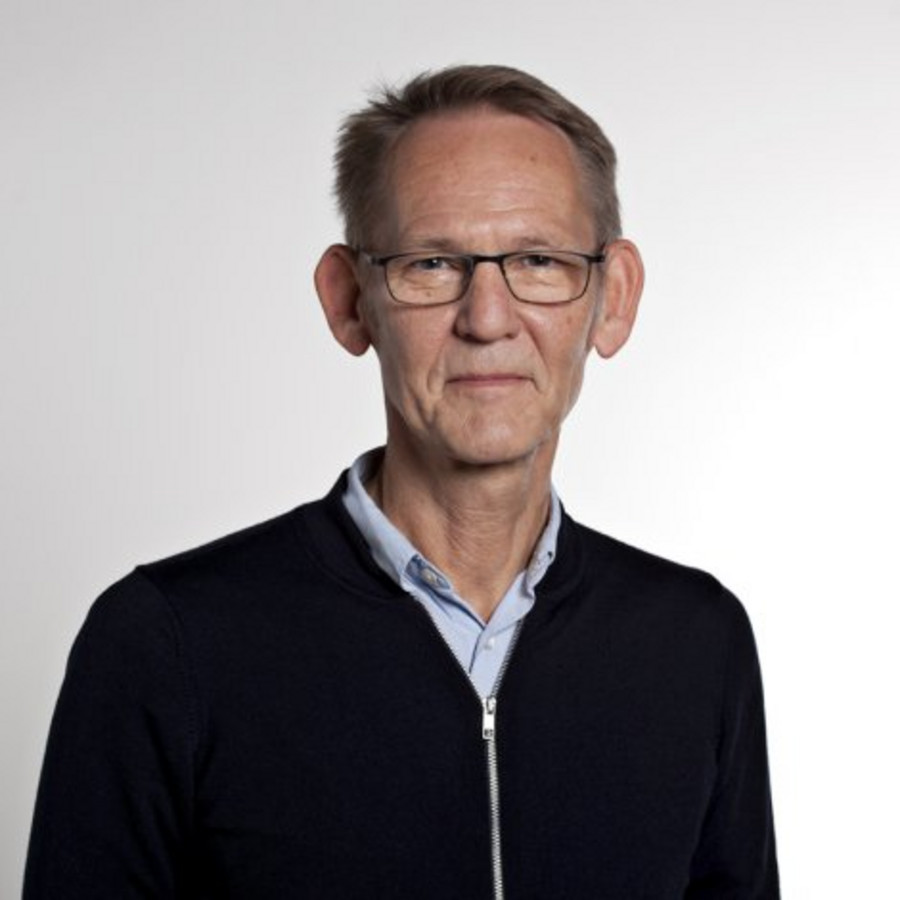The APD programme is aimed at composers, sound artists and musicians who either have a Masters degree from a conservatory or who have an artistic practice at a similarly high level.
The APD at RMC is anchored in a self-selected project, based on one or more research questions that you formulate yourself. The self-selected project is based on your artistic practice and functions as the prism through which you carry out the artistic work during the two years that the course lasts.
The self-selected project should be an extension of your current existing artistic practice but must at the same time point to something that is still unknown to you; something to be explored and elucidated.
Within the APD programme, it is a prerequisite that you already at the start of your studies work in a settled and investigative artistic practice and that you are prepared to further develop your own practice through an experimental and process-oriented approach in which investigation and reflection meet each other in a constant oscillation. Likewise, it is absolutely central that you are prepared to share your artistic investigations and reflections with teachers and fellow students so that the artistic process is made as transparent as possible.
During the course you will get experience and insight into practice-based artistic development work (practice-based artistic research) and you will become able to transfer your artistic practice and artistic development work to other areas and possible related career opportunities locally and globally.
The core focus of the study programme is to enable you to expand our artistic understanding and to be able to convey and realize these insights to the fullest.
How do I apply?
You can read about this and much more under APPLICATION and ENTRANCE EXAMINATION below.
See as well the general information about application and admission:
| The study programme opens for applications | 15 October 2023 |
| Online information meeting via Zoom | 31 October 2023 - 16:00-16:50 Danish, 17:00-18:00 English |
| Deadline for online application | 1 December 2023 at 12:00 noon CET |
| Call for entrance examination | No later than 10 January 2024 by email |
| Entrance examination: You attend at RMC | 23-26 January 2024 |
| Outcome of entrance examination | 15 February 2024 by email |
| Online meeting via Zoom for applicants offered a study place | 19 February 2024 at 17:10-17:40 |
| Start of study | 19 August 2024 |
Application and Entrance examination: APD
WHO CAN APPLY?
Applicants for the programme must hold a relevant Masters degree from a music conservatory - or equivalent qualifications obtained by other means, unfolded in an artistic practice at a correspondingly high level.
WHERE TO APPLY
You must apply online through:
You must create a profile, fill in the online application form and upload relevant files.
WHAT SHOULD THE APPLICATION CONTAIN?
In the application form, you must answer some questions, upload documentation for your Masters degree (or equivalent) and upload audio material.
IMPORTANT
You are responsible for submitting own relevant artistic material that reflects your artistic practice in the best possible way.
Written Application
- Please describe your artistic background and your motivation for the study.
Max 500 keystrokes. - Please describe your artistic and professional goals, and how you expect the APD programme to help you achieve these goals.
Max 500 keystrokes. - What do you imagine could be a potential Artistic Practice and Research project during the study programme?
Please describe:
- The intention of the project and which qualifications you possess to fulfill it.
- The central Artistic Practice and Research question and it's contextual placement.
- Planned working methods.
Max. 3,000 keystrokes in total.
Music
You must upload audio material (such as compositions, work documentations, live recordings etc.) or extracts from these, for which you are artistically responsible.
- Upload 3-8 works or extracts from works, for which you are artistically responsible.
File format: mp3
Total duration: 20-25 minutes
Supplementary Information
- Precise specification of your own role and the roles of any others in connection with each of the uploaded works.
Max. 200 keystrokes per file.
Documentation
- Documentation for your Masters degree.
Degree certificate with Diploma Supplement or a Transcript of Record documenting your progress of studies and the content of the subjects you have passed and confirming that your Masters programme will be completed before studies commence in August 2024.
If you do not hold a Masters degree from a music conservatory, but have equivalent qualifications obtained by other means, you must upload:
- Documentation of equivalent qualifications (instead of documentation for Masters degree).
- Extended CV, documentation of musical/artistic work, reviews, etc.
- Audio material (such as compositions, work documentations, live recordings etc.) or extracts from these, for which you are artistically responsible.
Total duration: 25-30 minutes (max. 10 files, which must be in mp3 format).
NB! This material will solely be included in RMC's assessment of whether you possess qualifications equivalent to a Masters degree from a conservatory but acquired by other means.
Other submitted material will not be included in the assessment.
APPLICATION FEE
All applicants must pay an application fee of 500 DKK when they apply for a study programme at RMC . The fee covers part of the conservatory's costs in connection with processing applications as well as planning and running the entrance exams, and cannot be refunded after the application deadline has expired.
DEADLINE
The deadline for applications is 1 December at 12:00 noon CET. If this date is a Saturday, Sunday or a public holiday, the deadline will be at 12:00 noon CET on the next weekday.
WHO IS SELECTED FOR THE ENTRANCE EXAMINATION?
All applicants who hold a relevant Masters degree from a music conservatory, or equivalent qualifications obtained by other means, will be invited to attend an entry examination at RMC.
FORM AND CONTENT OF THE EXAMINATION
The entrance examination consists of a presentation and an interview, which take place at RMC.
The interview is carried out with the assessment panel and is based on the presentation and the submitted application.
- Presentation: 20 minutes.
- Interview: 20 minutes.
IMPORTANT
You are responsible for presenting own relevant artistic material that reflects your artistic practice in the best possible way.
- At the presentation you can chose to perform live and/or present recorded audio material or film.
- Scores or other relevant work documentation may be included.
- The material presented at the entrance examination must not be identical with works you uploaded earlier as part of your application.
- If you perform live, as (part of) your presentation, you can bring a maximum of four other musicians, and they are only allowed to be in the room while performing.
You are not allowed to bring other persons to the interview.
Based on the presentation, the interview, the submitted music and the written application, an overall assessment is undertaken of your qualifications for admission to the programme.
In the assessment emphasis is on:
- The artistic and contemporary perspectives in the uploaded material and the material presented at the presentation.
- The technical perspectives associated with the uploaded material and the material presented at the presentation.
- The perspectives of the artistic research proposal suggested in the written application.
- Your motivation for applying for the study programme and your artistic and professional goals as described in the written application.
- Your ability to reflect on your own artistic practice, including your ability to curate, share and contextualize your own artistic practice.
You will be assessed according to a 100-point scale, which is a subdivision of the Danish 7 step grading scale. A minimum of 40 points, corresponding to 02 in the Danish 7 step grading scale, is required to pass the audition.
The assessment is given in relation to the level required to commence the study programme.
ENTRANCE EXAMINATION LANGUAGE
The entrance examination is conducted in Danish or in English if you prefer.
ADMISSION
Four to five students are usually admitted to the programme. Due to the limited number of places, RMC may be obliged to reject some applicants even if they have passed the entrance examination.
You will receive an e-mail informing you of whether you have been admitted.
All applicants, who are not offered a study place, are offered a short telephone feedback from the leading internal examiner.
WAITING LIST
A limited number of applicants who are qualified for admission, but who have not been admitted due to a lack of places available, may be offered a place on a waiting list. In the period up to 1 June, applicants on the waiting list may be offered a study place.
ILLNESS IN CONNECTION WITH THE ENTRANCE EXAMINATION
Illness must be documented by medical certificate if you wish to have the opportunity to take a make-up examination. The medical certificate must be provided no later than three workdays after the examination date. The Conservatory will determine the date of any make-up examination, and you will be notified of this as soon as possible. It will not be possible to take the make-up examination at any other time than that set by RMC. You are responsible for paying the cost of the medical certificate.
Programme structure: APD
The APD programme’s field of study is artistic practice & research, as well as a course in entrepreneurship. Hence, the programme has a focus on contemporary music in which you work through ongoing self-dependent artistic research work and by developing and contextualizing your artistic practice and research work.
The study programme includes compulsory joint classes and courses as well as independent study and project work in combination with individual guidance. Thus, you have ample opportunity to work on your own projects, both in Denmark and abroad.
As a student within the APD programme, you will be part of a small group of students where you all work on self-selected projects, and it is expected that you, as part of your studies, engage with your fellow students and contribute with sparring in the meeting with your fellow students' projects , in order to thereby build an inclusive and creative environment.
In addition, you are of course also encouraged to take part in the other activities that take place at and around RMC.
The study programme concludes with a public dissemination and a public presentation in the form of a performance or equivalent, accompanied by an artistic portfolio, containing artistic reflections and documentation of relevant artistic results.
The course is a full-time study, and attendance at tuition is compulsory. The language of instruction is usually Danish, but teachers may provide teaching in English to individuals and small groups as necessary.
The Advanced Postgraduate Diploma programme corresponds to 120 ECTS points, equivalent to two years of full-time study at 1,620 working hours per year. A year of full-time study includes all work connected with the study programme, including classes, independent study, examinations, and all other study-related activities.
In the programme's curriculum, you can read more about the purpose and structure of the program as well as find in-depth descriptions of the program's individual subjects – click on the link to the right.
You can read more about the objectives and structure of the study programme in the curriculum, where you will also find detailed descriptions of the individual courses.
Below you will find the list of teaching staff on the programme in the current study year, permanent academic staff as well as contract teachers.
RMC prioritizes diversity in terms of genre and fields of expertise when the entire group of teachers is composed.
As a student, you are offered a wide spectrum of professional impulses from permanent teaching staff as well as from contract and external teachers.
Within the core subjects of the programme, the teaching performed by the permanent staff will normally not exceed more than two thirds of the total number of teaching hours.
In relation to special courses, projects and similar activities, you will have the opportunity to meet a large number of external teachers.
Artistic Practice & Research
Niels Lyhne Løkkegaard
Marie Højlund
Lotte Anker
Artistic Practice & Research - individual guidance
Candid Rütter
Christian Blandhoel
Edward Atkins
Julie Østengaard
Keith Rankin
Lotte Anker
Manlio Maresca
Marie Højlund
Mark Fell
Peter Barnow
Sol-I-Sol
Thom Johansen
Entrepreneurship
Christian Taagehøj
Lisbeth Rysgaard
Johannes Dybkjær Andersson
